Closing on a note that your computer possesses a hardware problem is merely the primary step. If you’re going with a hardware problem and not a software problem, the next phase is finding out what hardware problem you’re really handling with. If you bought a laptop or pre-assembled desktop PC and it’s yet covered under warranty, you don’t require thinking about this. Have the producer solve the PC for you since finding it out is their issue. If you’ve assembled your own PC or you want to repair a computer that’s not covered under warranty, this is some issue you’ll require to do on your own.

Blue Screen 101: Search for the Error Message
This might look like sure advice, but finding for data about a blue screen’s error message can aid vastly. Mostly blue screens of death you’ll come across on newer versions of Windows will probably be occurred by hardware failures. The blue screen of death frequently shows information regarding the driver that failed or the kind of error it came across.
Check Hard Drive SMART Status
Hard drives possess a built in S.M.A.R.T. (Self-Monitoring, Analysis, and Reporting Technology) characteristic. The thought is that the hard drive supervises itself and will detect if it commences to fail, furnishing you with some kind of prior notice before the drive gives up totally. This isn’t good, so your hard drive may give up also if SMART says everything is perfect.
If you happen to view any kind of “SMART error” message, your hard drive is giving up. You can utilize SMART analysis tools to see the SMART health condition data your hard drives are accounting for.
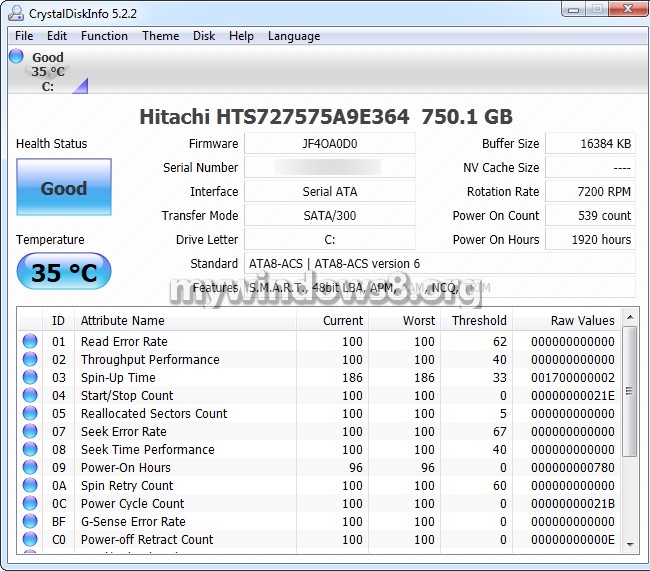
Test Your RAM
RAM failure can lead to a several kind of issues. If the computer accounts data to RAM and the RAM returns back dissimilar data because it’s non-functional, you may view application gives up, blue screens, and file system corruption.
To give a test to your memory and view if it’s running perfectly, use Windows’ built-in Memory Diagnostic tool. The Memory Diagnostic tool will account for data to each sector of your RAM and read it back later, assuring that all your RAM is running perfectly.
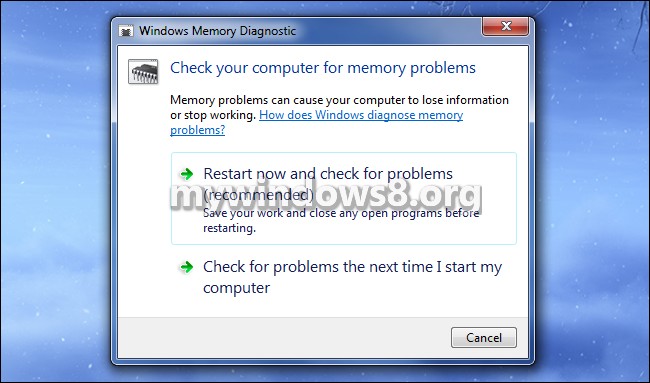
Check Heat Levels
How hot is it inside your computer? Extra heating up can lead to blue screens, crashes, and absurd shut downs. Your computer may be heating up above the normal limit since you are in a very hot location, it’s vented badly, a fan has ended working inside your computer, or it’s completely filled of dust.
Your computer checks its own internal temperatures and you can use this information. It’s commonly available in your computer’s BIOS, but you can also see it with system information utilities such as SpeedFan or Speccy. Just check your computer’s advocated temperature level and insure it’s inside the correct range.
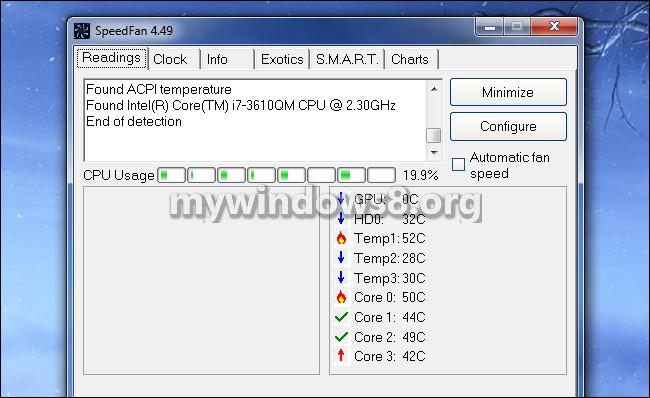
Stress Test Your CPU
You can put into use a service like Prime95 to stress test your CPU. Such a service will prow your computer’s CPU to do calculations without permitting it to rest, executing it hard and giving out heat. If your CPU is turning to be too hot, you’ll start to view errors or system crashes.
Overclockers use Prime95 to stress test their overclock settings — if Prime95 face errors, they limit back on their overclocks to assure the CPU executes cooler and more static. It’s a good procedure to check out if your CPU is capable enough under load.
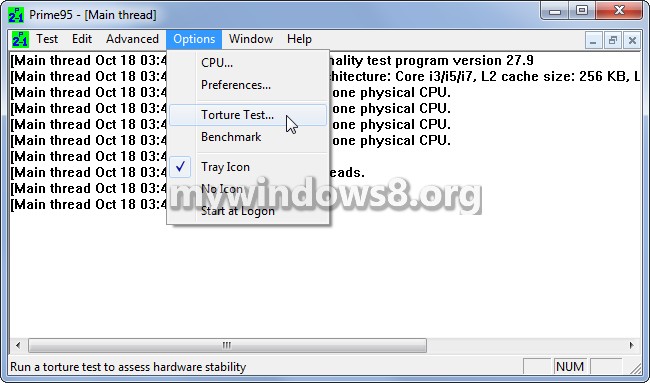
Stress Test Your Graphics Card
The stress test can also be performed on your graphics card as well. For instance, if your graphics driver freezes while playing games, the games themselves freeze, or you view odd graphic depravity, you can perform a graphics bench mark service like 3DMark. The bench mark will extend your graphics card and, if it’s overheating or giving up under load, you’ll come to see graphical problems, crashes whilst performing the benchmark test.
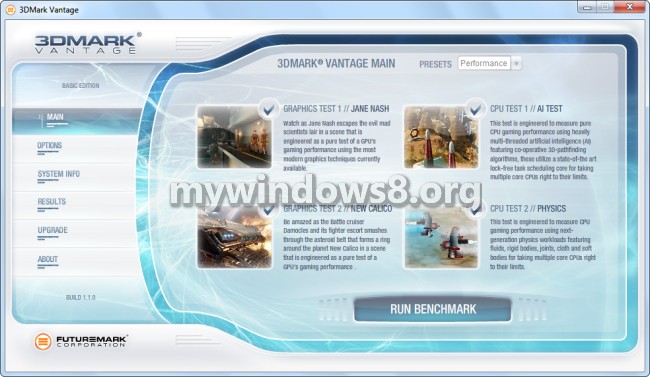
This is not a perfect guide to all things that could probably go wrong and how to check it — someone could write a full textbook on describing failing constituents and still not account for everything. But the tips mentioned above should offer you few places to start conducting with the more general problems.

